Conflicts
Politics
AFGHAN TALIBAN, AFGHANISTAN, ASIA, BANGLADESH, D - 8 DEVELOPING EIGHT FORUM, DAR, DHAKA, FOREIGN OFFICE, FOREIGN POLICY, HASINA, INDIA, INTERNATIONAL RELATIONS, ISLAMABAD, MIDDLE EAST, MUM, MUMTAZ, OFFICE, PAKISTAN, PAKISTAN MUSLIM LEAGUE - NAWAZ, PML, PML - N, SHEIKH HASINA, SOHAIL MAHMOOD, TALIBAN, TEHREEK - E - TALIBAN PAKISTAN, TERRORISM, TTP
Clara Montgomery
Ishaq Dar Emphasizes Mutual Efforts in Normalizing Pakistan-India Relations
Ishaq Dar, Pakistan’s Foreign Minister, stresses the need for mutual willingness to normalize ties with India, declaring that “It takes two to tango.” He is set to visit Bangladesh to improve bilateral relations. Dar highlighted challenges posed by terrorism in Afghanistan and announced advancements in Pakistan’s nuclear energy sector.
Pakistan’s Deputy Prime Minister and Foreign Minister Ishaq Dar has emphasized the need for reciprocal engagement in order to normalize relations with India. During a press conference at the Foreign Office, Dar articulated that both nations must exhibit a willingness to cooperate, underscoring that “It takes two to tango.” He contrasted this with his forthcoming visit to Bangladesh, highlighting the efforts Islamabad is undertaking to rebuild ties with Dhaka after significant political shifts last August.
Dar referred to Bangladesh as “a lost brother,” underscoring aspirations to enhance economic and trade cooperation. He mentioned receiving a formal invitation from Bangladesh’s Chief Adviser, Muhamad Yunus, during a recent meeting in Cairo. In conjunction with this, Dar addressed perceptions regarding Pakistan’s diplomatic isolation, asserting that the country’s engagement with regional allies has begun to alter that narrative.
Additionally, he spoke on the relationship with Afghanistan, expressing a desire for improved connections while acknowledging the significant challenges posed by terrorism. Dar pointed out that planned engagements in Kabul have been hindered by recent terrorist activities, and he criticized former intelligence chief Gen Faiz Hameed’s previous dialogues with the Tehreek-e-Taliban Pakistan (TTP). Finally, Dar noted the appointment of former Foreign Secretary Sohail Mahmood as the Secretary-General of the D-8 Developing Eight Forum and discussed advancements in Pakistan’s nuclear energy sector with the upcoming Chashma 5 project in partnership with China.
The relationship between Pakistan and India has been historically contentious, marked by multiple conflicts and ongoing disputes over territorial issues. Ishaq Dar’s comments reflect a broader diplomatic strategy of Pakistan’s current government, which aims to stabilize relations with its regional neighbors. The situation is further complicated by security threats from militant groups in the region, particularly in relation to Afghanistan. Moreover, enhanced bilateral trade and security cooperation are seen as essential for the economic development of South Asia.
In summary, Ishaq Dar’s remarks underscore the necessity for mutual willingness to restore diplomatic relations with India. Despite current challenges, particularly with terrorist activities, Pakistan is pursuing efforts to strengthen regional ties, notably with Bangladesh and Afghanistan. The government’s focus on nuclear energy development and economic cooperation indicates a strategic approach to enhancing Pakistan’s international standing and dealing with existing security threats.
Original Source: www.business-standard.com
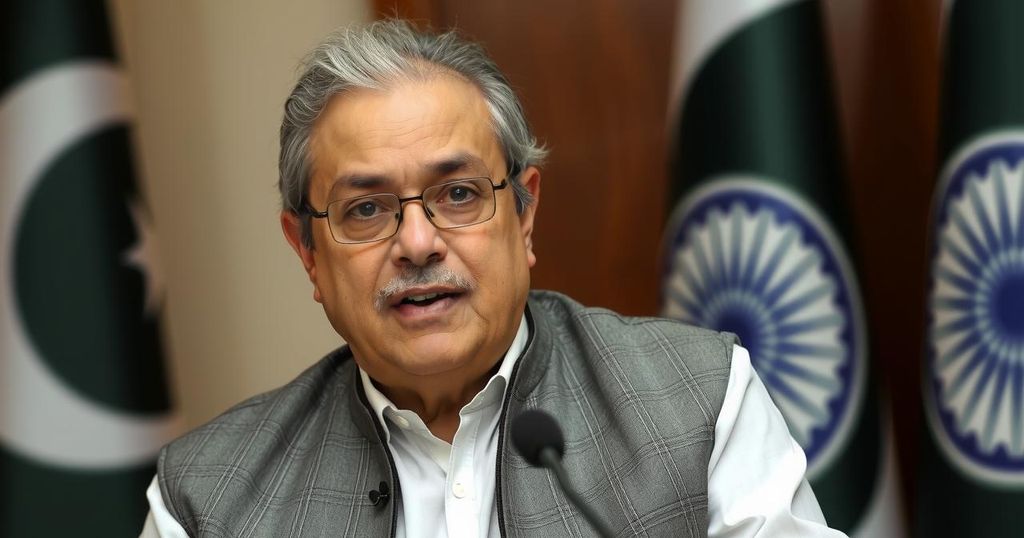
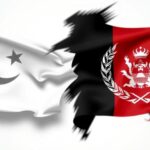
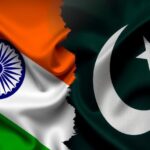
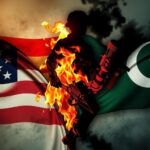
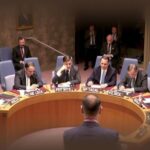



Post Comment